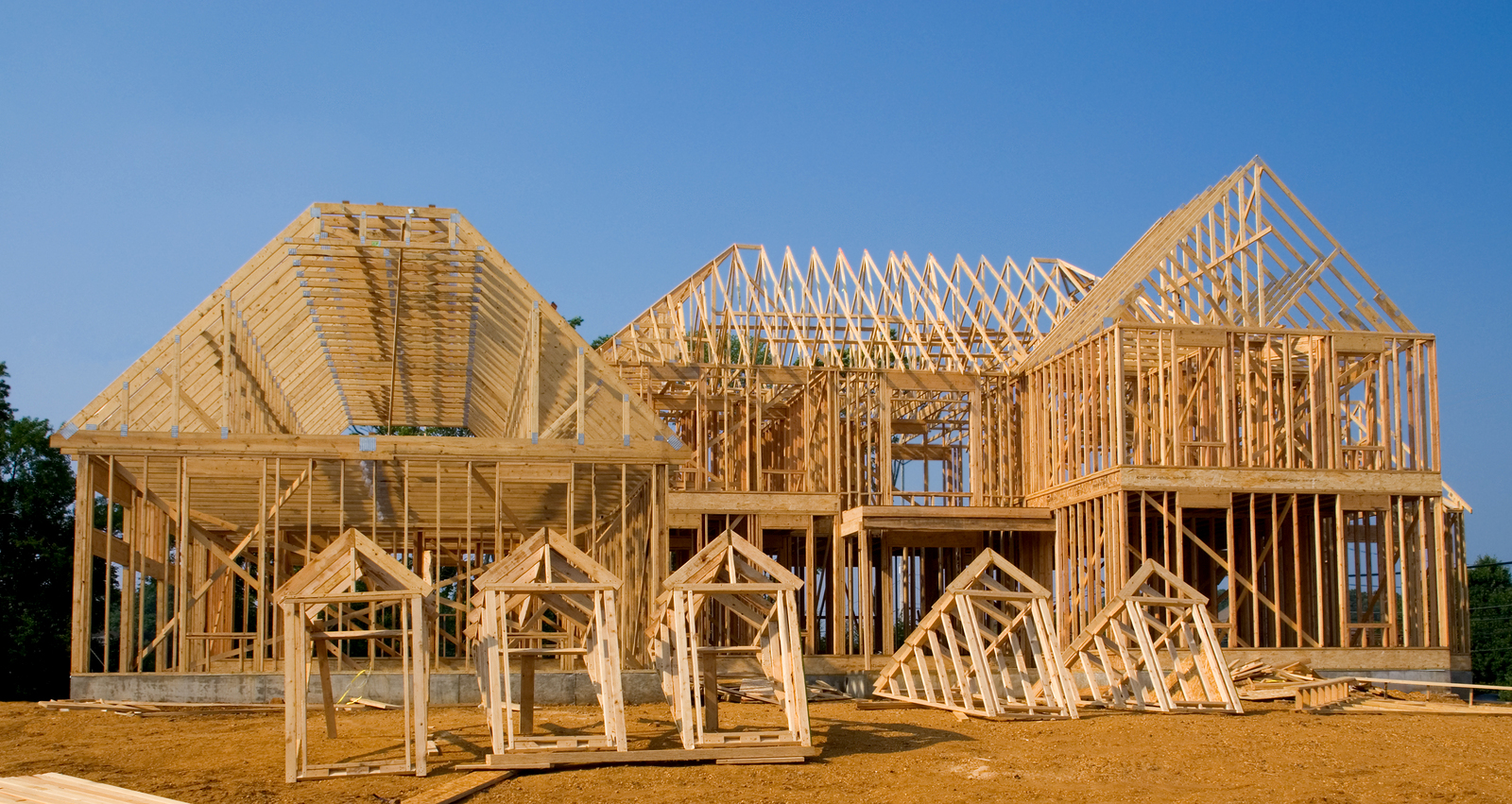Will this be the year you buy a brand-new home? Don’t be discouraged by news reports claiming that “U.S. home building fell,” or “housing starts dropped.”
The scary-sounding numbers are due to a drop in multi-family home building, not single-family.
In fact, the single-family home construction market across the country is set to be just fine, with a surge in new building permits late this summer.
Moving into a newly-built home is a lot like the first time you sit behind the wheel of a new car, but on steroids. No stinky smells from whatever it was the previous occupant was cooking, no greasy range hood and walls, no dinged-up baseboards – everything is new and pristine.
While these aspects may make you starry-eyed, there’s reality to contend with as well. Today we share with you some things to watch for when taking on the purchase of a brand-new home.
The builder’s real estate agent
When you drive up to the new home community you’ll notice quickly how you’re directed first to the builder’s office before you get to the model homes. That guy or gal sitting in the office isn’t a receptionist, but the builder’s real estate agent.
She or he will show you a map of the buildable lots available, talk to you about the community’s amenities and, naturally, the homes, before sending you on your way to view the models.
If you fall in love with one, which is every builder’s goal, you’ll want to get the purchase process underway quickly.
Hey, I don’t blame you, this is exciting stuff! And, what better and easier way to do it than to allow the builder’s agent to get the ball rolling?
Ok, that’s the third time I’ve said it: “the builder’s real estate agent.” Sure, legally this agent can represent both you and the builder, but is it a wise move?
Think about this: if it were legal, would you use your about-to-be former spouse’s attorney in your divorce proceedings? Why do you suppose that isn’t common practice?
Here’s why: it is almost impossible for the builder’s agent to protect both the builder’s interests and yours in the same transaction.
Since the seller pays for the buyers’ real estate agent at closing, it only makes sense that you have your own agent who will look out for nobody else but you.
Avoid this problem by letting the builder’s agent know, upfront, that you have an agent.
The builder’s lender
Hey, this is a one-stop shop, right? Of course!
Home builders understand that they need to hook the buyer when he or she is most excited so they offer all the services one might need to get the process started. This includes an “in-house” or “preferred” lender.
Now, unlike using the builder’s agent, there’s nothing wrong with using his or her lender, as long as you’ve shopped around and know that you’re getting a good deal.
Never feel that you have to use this lender, however, because you don’t.
The builder
Check out the builder’s reputation if you aren’t familiar with him or her. Start with the Better Business Bureau and then scour the city’s public records for lawsuits against the builder.
Buying a newly constructed home in Billings is a lot more involved than buying an existing home, but the end result is well-worth the steps it takes to get there.





